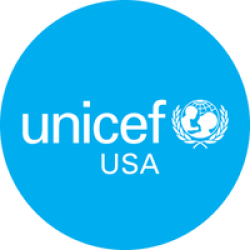
UNICEF | for every child
- 125 Maiden Lane, New York 10038, New York United States
- +1 800 3675437
- Login to view
- Association
-
Closed
- Hits - 6936
- 29-11-2022 15:12:18
- Report
Description
UNICEF works in the world’s toughest places to reach the most disadvantaged children and adolescents – and to protect the rights of every child, everywhere. Across more than 190 countries and territories, we do whatever it takes to help children survive, thrive and fulfill their potential, from early childhood through adolescence.
The world’s largest provider of vaccines, we support child health and nutrition, safe water and sanitation, quality education and skill building, HIV prevention and treatment for mothers and babies, and the protection of children and adolescents from violence and exploitation.
Before, during and after humanitarian emergencies, UNICEF is on the ground, bringing lifesaving help and hope to children and families. Non-political and impartial, we are never neutral when it comes to defending children’s rights and safeguarding their lives and futures.
And we never give up.
UNICEF mission statement
UNICEF | for every child
UNICEF is mandated by the United Nations General Assembly to advocate for the protection of children's rights, to help meet their basic needs and to expand their opportunities to reach their full potential.
UNICEF is guided by the Convention on the Rights of the Child and strives to establish children's rights as enduring ethical principles and international standards of behaviour towards children.
UNICEF insists that the survival, protection and development of children are universal development imperatives that are integral to human progress.
UNICEF mobilizes political will and material resources to help countries, particularly developing countries, ensure a "first call for children" and to build their capacity to form appropriate policies and deliver services for children and their families.
UNICEF is committed to ensuring special protection for the most disadvantaged children – victims of war, disasters, extreme poverty, all forms of violence and exploitation, and those with disabilities.
UNICEF responds in emergencies to protect the rights of children. In coordination with United Nations partners and humanitarian agencies, UNICEF makes its unique facilities for rapid response available to its partners to relieve the suffering of children and those who provide their care.
UNICEF is non-partisan and its cooperation is free of discrimination. In everything it does, the most disadvantaged children and the countries in greatest need have priority.
UNICEF aims, through its country programmes, to promote the equal rights of women and girls and to support their full participation in the political, social and economic development of their communities.
UNICEF works with all its partners towards the attainment of the sustainable human development goals adopted by the world community and the realization of the vision of peace and social progress enshrined in the Charter of the United Nations.
75 years of UNICEF
Reimagining the future for every child since 1946.
UNICEF has been an unstoppable force for change in the lives of children around the world.
Since UNICEF was established, in the aftermath of World War II, we have been at the frontlines of humanitarian crises, armed conflict and natural disasters. Undeterred by the scale of the crises, we rise to the challenge, reimagine what is possible and respond by helping millions of children survive and thrive. Our on-the-ground expertise has reached more than 191 countries and territories, through committed partnerships and a passion for innovation.
0 Reviews
Business Details
- Login to view
- Click to Call +1 800 3675437
- 125 Maiden Lane, New York, New York 10038, United States
- https://unicef.org/
Browse Nearby
Statistics
- 6936Views
- Ratings
- 29-11-2022 15:12:18
Share this info
Login to your Be found - Be connected account

No Account yet? Click here to signup
Already have an account? Sign In
FEEDBACK / SUGGESTIONS
Give us your valuable feedback to make website more user friendly


Leave your details below

















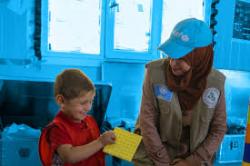



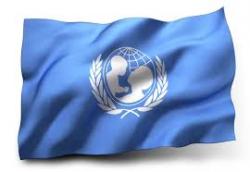
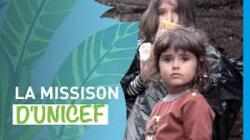

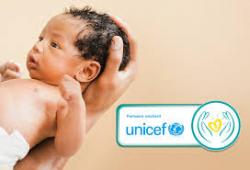
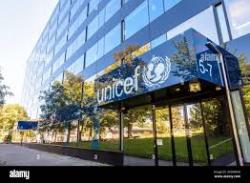


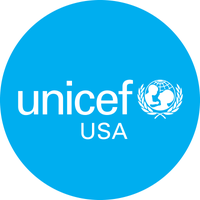


Sign in by Email